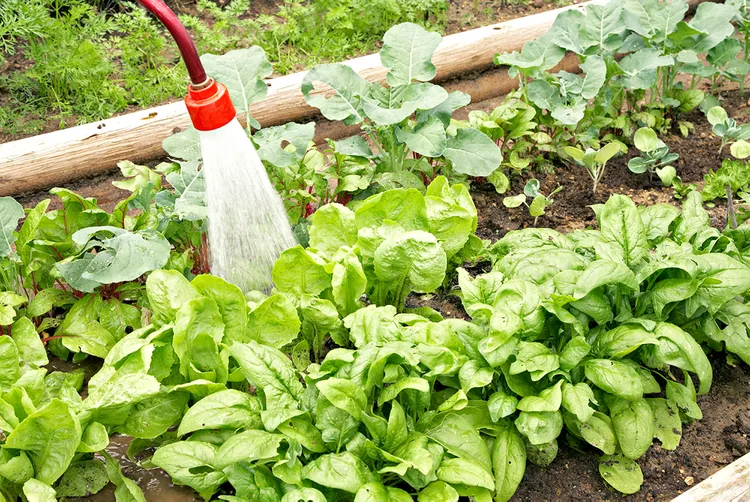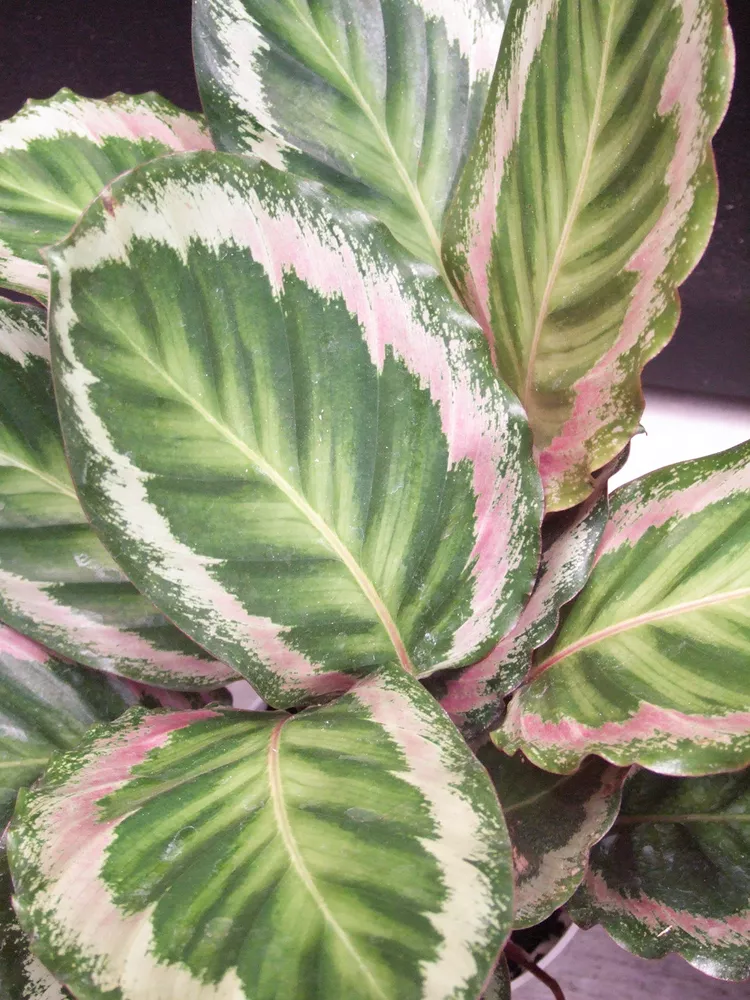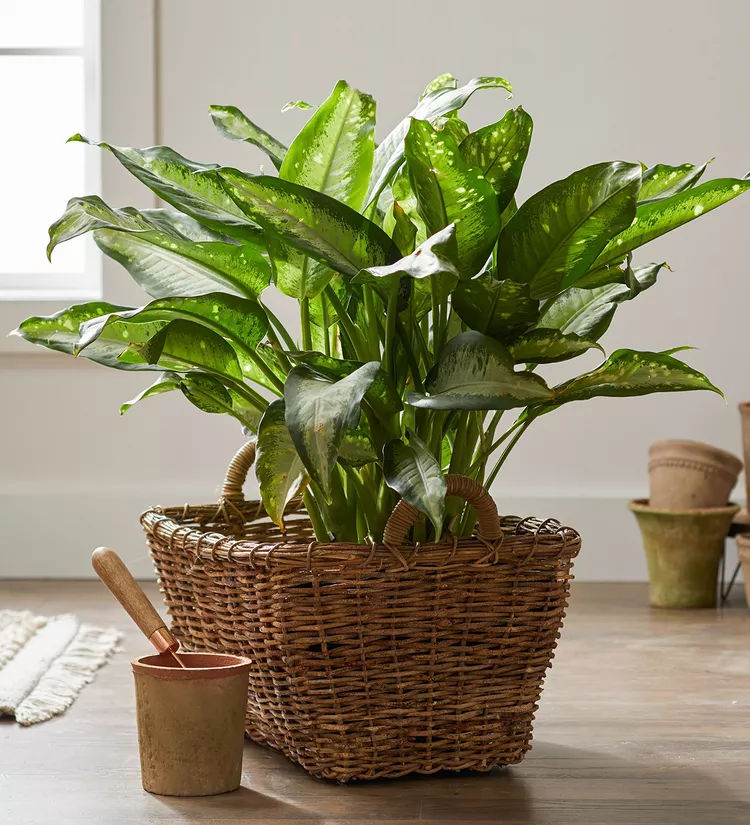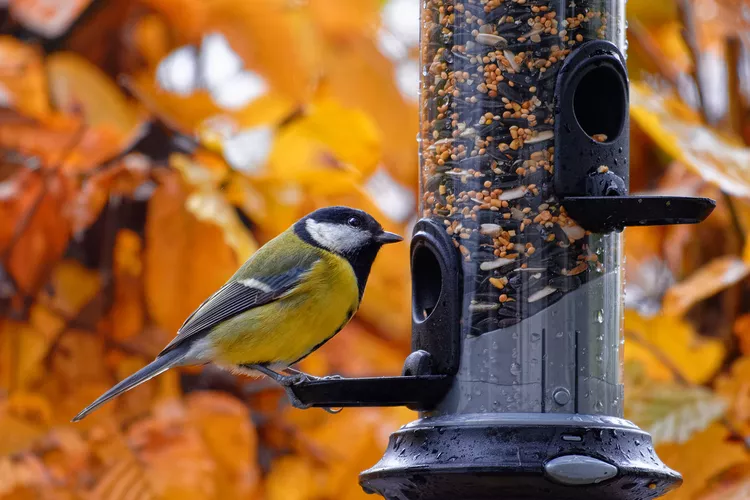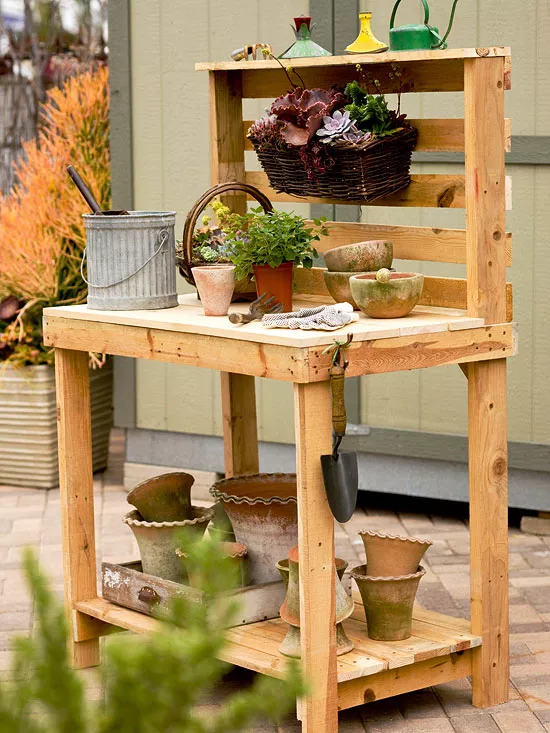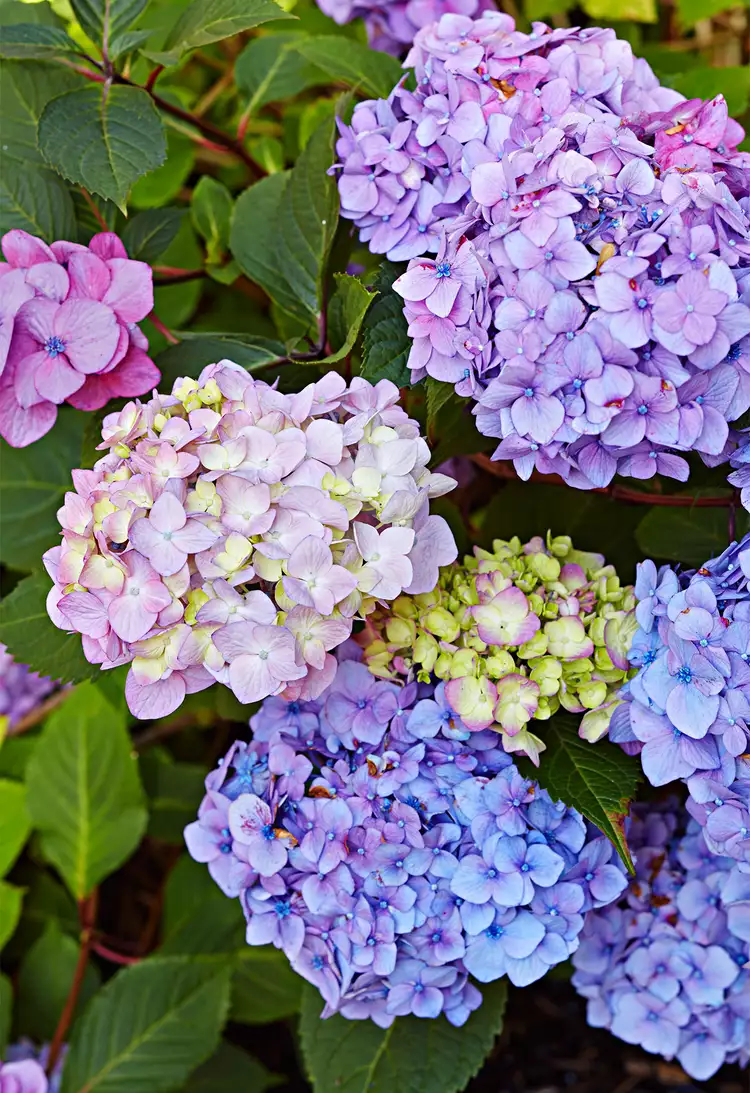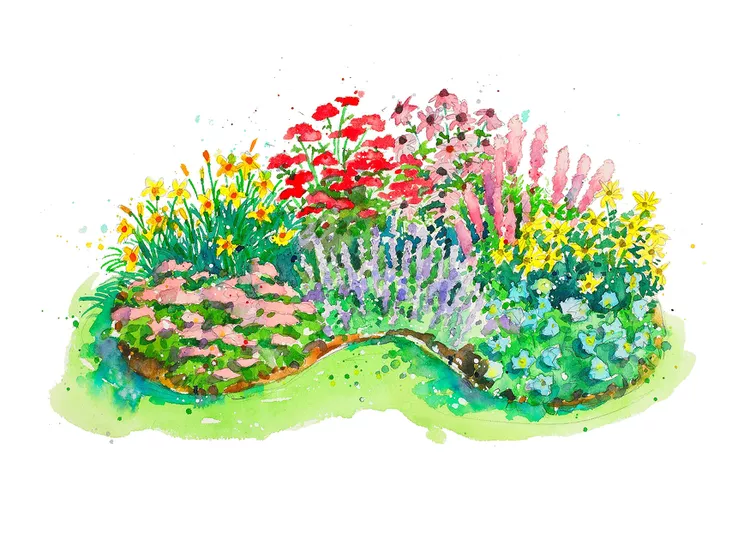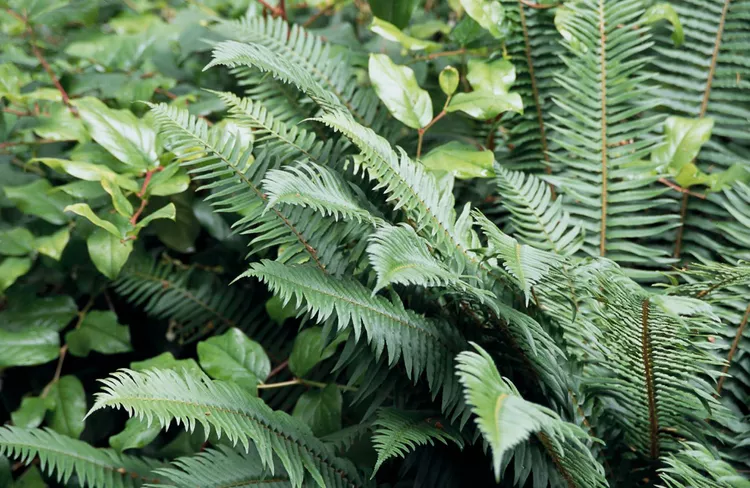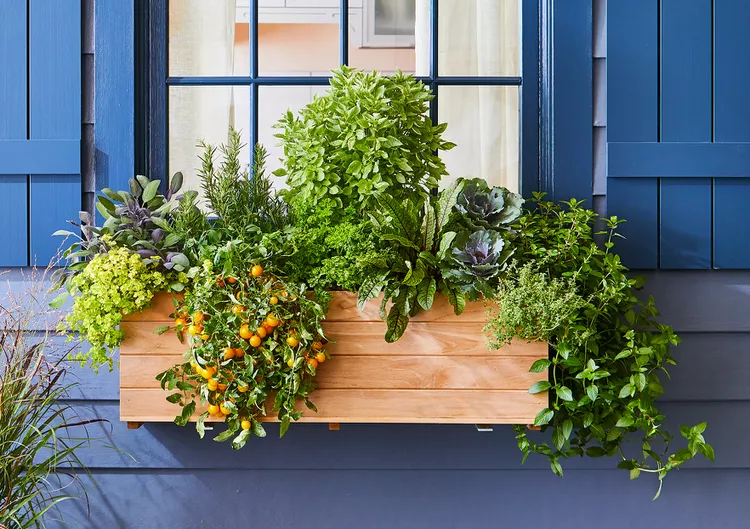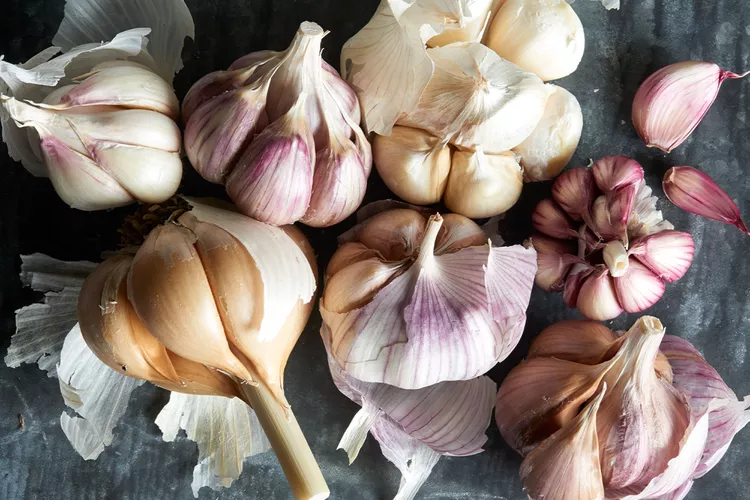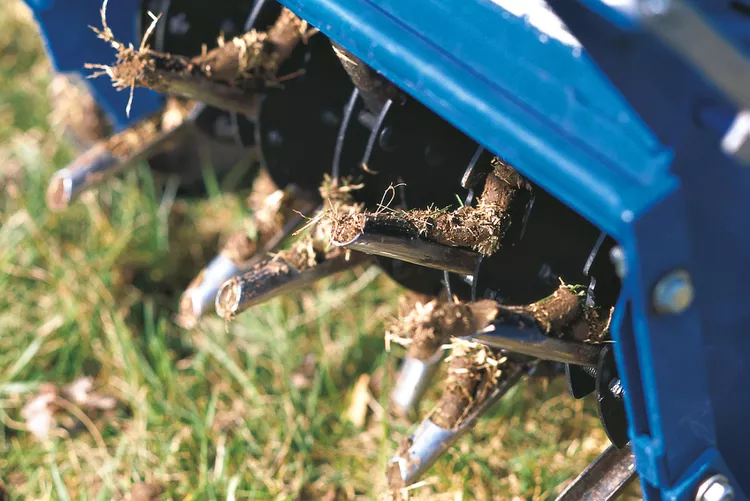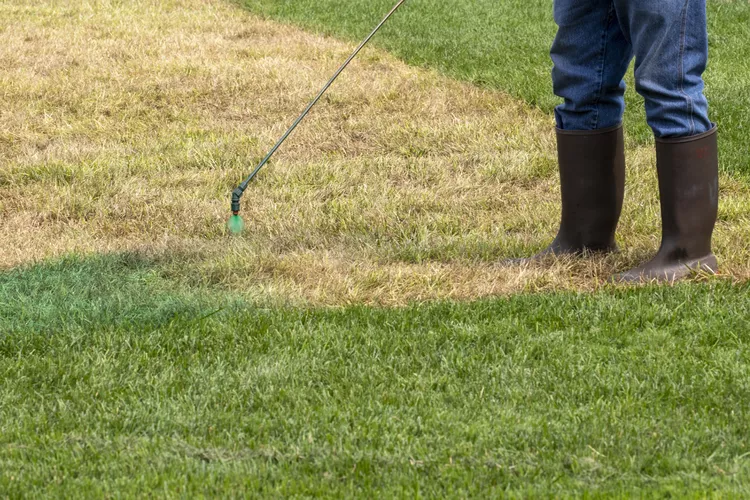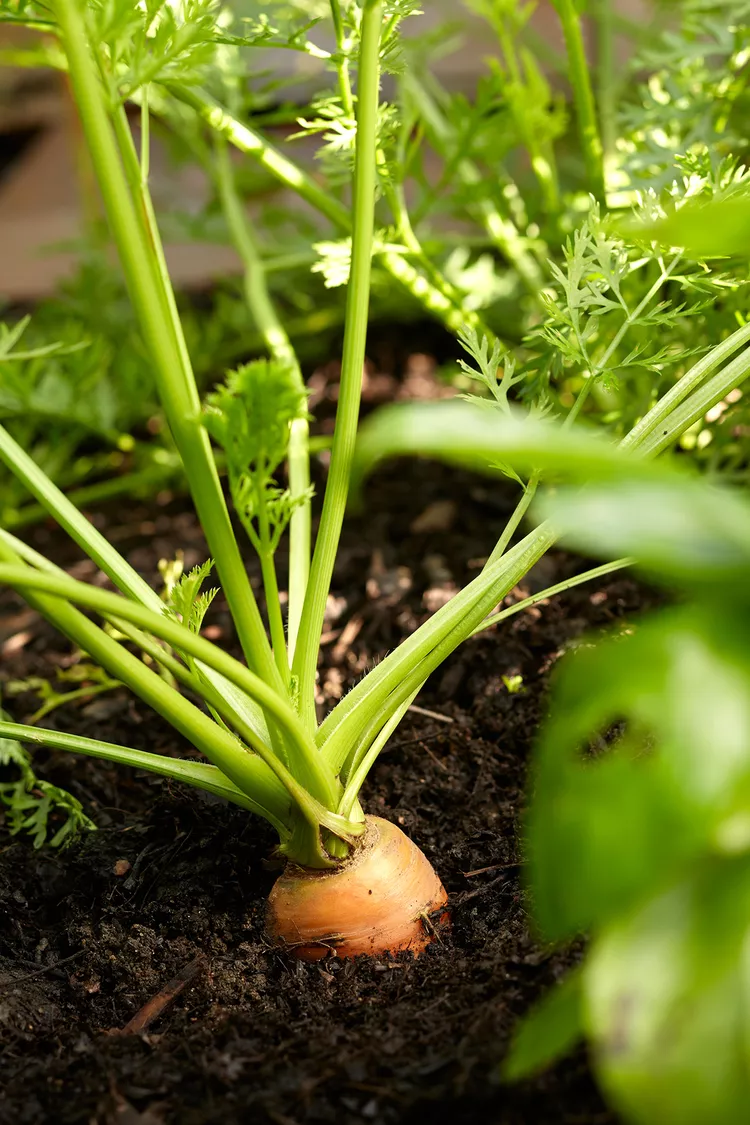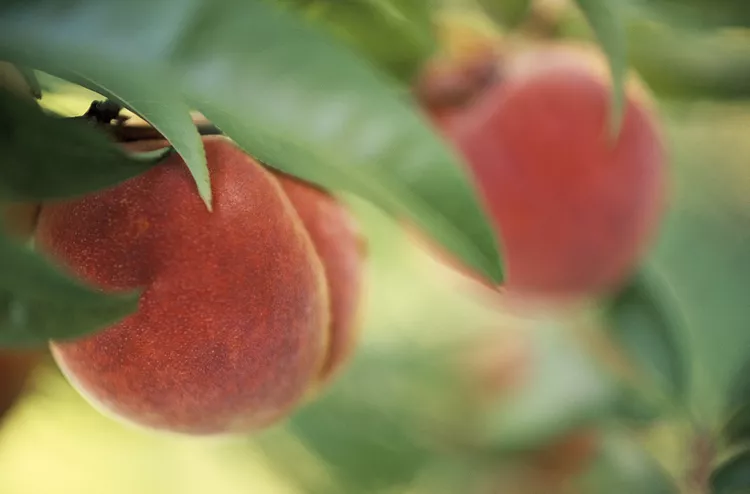Companion planting can be a challenge with some vegetable plants, but easy-going spinach grows well with most other veggies, as well as many herbs and flowers. Some of the best spinach companion plants are cold hardy crops that tolerate chilly spring and autumn gardens, but spinach can also be succession planted with heat tolerant vegetables to keep gardens productive through the changing seasons.
When planting spinach this year, consider companion planting with some of these common plants for natural pest control and other perks. Best of all, most of the plants listed below thrive in large veggie beds and small containers, allowing you to companion plant with spinach in any garden space.
Cilantro
Because cilantro and spinach both grow best in cool weather and bolt in summer heat, they make a solid companion plant pairing in spring and autumn culinary gardens. These plants both crave rich and consistently moist soil and their compact size makes them appropriate for container growing and small veggie beds. Even better, if you allow cilantro to flower, it will attract ladybugs, lacewings, and other beneficial insects that prey on spinach pests.
Lettuce
Spinach and lettuce may look alike, but they’re actually not closely related plants. However, spinach and lettuce have similar growing needs and, with regular watering and rich garden soil, they will happily grow side by side. To extend your harvest of leafy greens, try succession planting cold hardy spinach in early spring and more heat-tolerant lettuce varieties like ‘New Red Fire’ later in the season.
Marigolds
Marigolds are well-known for their pest-repelling properties, but they can also act as trap crops by luring pests away from veggies like spinach. When planted in vegetable gardens, marigolds are known to deter rabbits and deer from browsing, but they can also ward against aphids and nematodes. If you’re organic gardening and working with a small garden space, try out dwarf marigolds, which stay small but still pack a punch against pests.
Legumes
Beans and peas fix nitrogen into the soil, which can act as a natural fertilizer and help leafy greens like spinach produce even more lush leaves. Conveniently, legumes also have similar growing needs to spinach, and peas are particularly good spinach companion plants since they also thrive in cool weather. For best results, try growing vining bean and pea varieties on trellises so they don’t compete with spinach for valuable soil space.
Root Vegetables
Root crops like radishes, carrots, and beets are usually planted in cool weather and harvested before the plants bolt in summer. If you’re looking for cold-tolerant crops to grow with spinach, root vegetables are another top pick that can be planted in either spring or autumn along with spinach seeds. Since root crops do most of their growing underground, they won’t compete with spinach for sunlight and shallow spinach roots won’t interfere with root veggies’ long tap root systems either.
Brassicas
Brassicas, like Brussels sprouts, kale, broccoli, and cabbage, also prefer cool weather, so it’s no surprise that they grow well with cold tolerant spinach. Although these edible plants have similar growing needs, brassicas and spinach have different types of root systems, which means they won’t compete with each other for root space. If you happen to grow brassicas under row covers for pest control, spinach plants can also benefit from the added protection of barrier fabrics.
Strawberries
Strawberries and spinach are commonly paired together in the kitchen, but they also grow beautifully together in the garden. Not only are these plants typically harvested around the same time, but they also have similar growing needs and they love lots of water and rich soil. On top of that, strawberry flowers also attract beneficial insects like hoverflies that can help to control spinach pests naturally.
Dill
Like cilantro, dill is a cold-tolerant herb that grows best in cool spring and autumn gardens when spinach plants are at their best. Dill and spinach have similar growing needs as well and dill’s growth habit won’t compete with spinach for growing space. If you allow dill plants to flower, they will also attract beneficial insects to your garden and help to keep spinach plants naturally pest-free.
Alliums
Alliums, like chives, garlic, and onions, are one of the most versatile companion plants you can find since they grow well with most vegetable crops. When paired with spinach, the strong scent of alliums can repel a wide range of pests, including slugs, caterpillars, and deer. Some gardeners even plant a ring of alliums around the exterior of their garden beds to make pests less likely to creep in.
Nasturtiums
Nasturtium is another popular flowering plant that makes an excellent spinach companion plant and is edible too. Some pests are repelled by the scent of nasturtiums, but nasturtiums can also be useful trap crops and their flowers attract predatory insects as well. If your spinach has been plagued by aphids or whiteflies in the past, try growing nasturtiums nearby.
